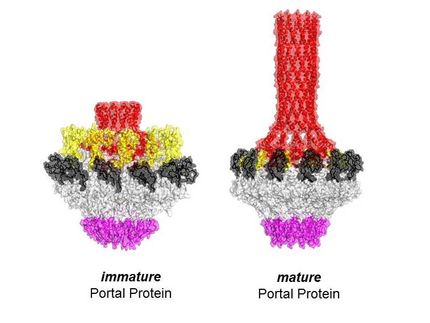Crucell's Revolutionary Antibody for Universal Therapy Against Flu
Advertisement
Crucell N.V. announced that the journal Science published a study showing why Crucell's novel anti-influenza antibody is so effective against such a broad range of influenza virus subtypes. These characteristics make the Crucell antibody CR6261 a potentially revolutionary therapy against seasonal and pandemic flu.
"A new therapy for the often deadly flu virus is much needed", says Jaap Goudsmit, CSO of Crucell. "The continuous mutation of the influenza virus means that vaccine developers are always playing catch-up when it comes to choosing the correct virus. In addition, these vaccines tend to perform less effectively in the elderly. The almost universal oseltamivir resistance of the H1N1 virus presently circulating and the reported cases of H5N1 oseltamivir-resistance illustrate the urgency for a universal therapy against flu."
Crucell showed that the antibody CR6261 is effective in preventing as well as treating influenza caused by a broad range of seasonal and potentially pandemic influenza strains in the most stringent pre-clinical models suitable for human influenza. The study, conducted by Crucell together with The Scripps Research Institute, used x-ray crystallography to image and understand why the antibody can bind to and neutralize such a wide variety of influenza viruses. The study looked at the H1 strains that return every winter as well as the avian H5 strains that are endemic in Asia which today pose a pandemic threat.
The unique property of the Crucell antibody appears to be related to its mechanism of action. The paper published in Science entitled "Antibody Recognition of a Highly Conserved Influenza Virus Epitope" shows that the CR6261 antibody attacks the 'Achilles heel' of the influenza virus, a region in the invariable part of the hemaglutinin protein that is key for the virus to start replication once it has infected an individual. The Science paper shows that the antibody neutralizes the influenza virus by blocking the fusion of the virus with membranes inside the host's cell, thereby effectively preventing replication of the virus. These results are a revolutionary discovery for the potential development of an effective therapy of, and prevention against, seasonal and pandemic influenza.


























































